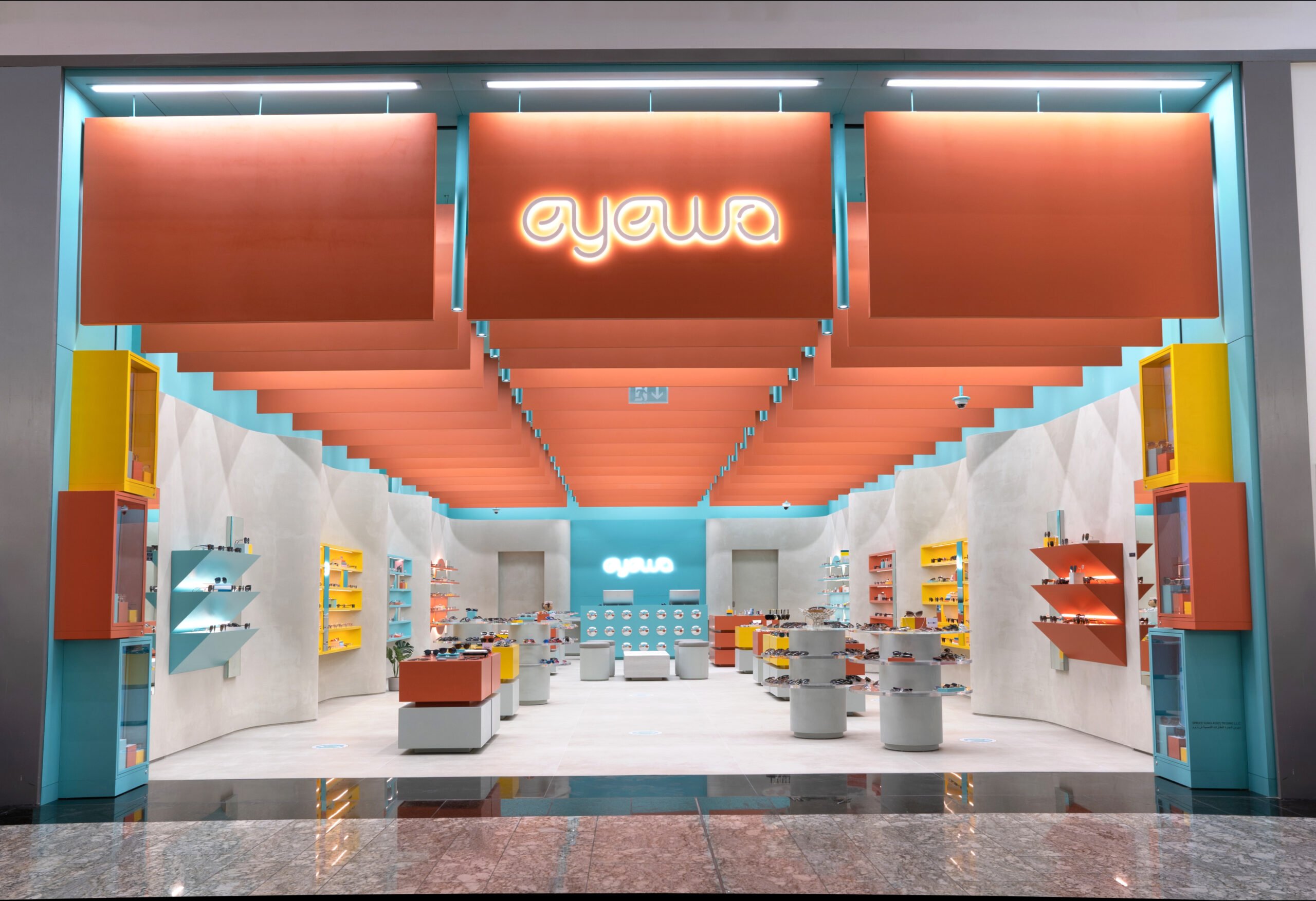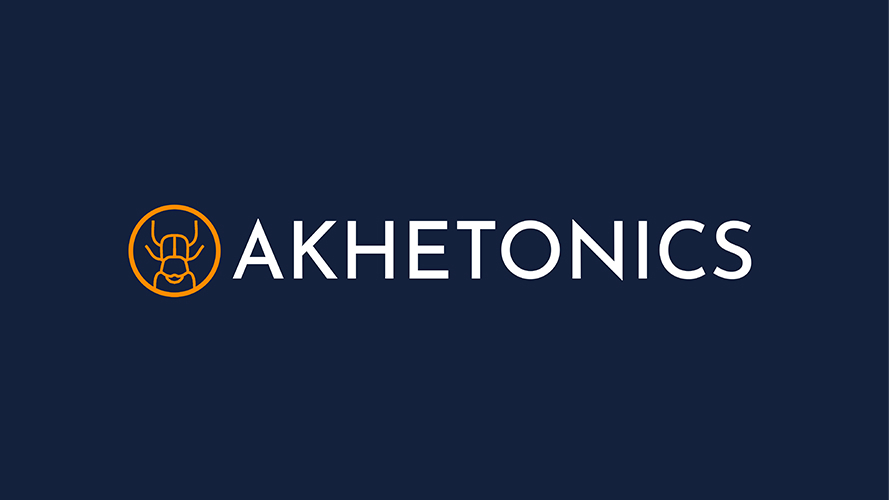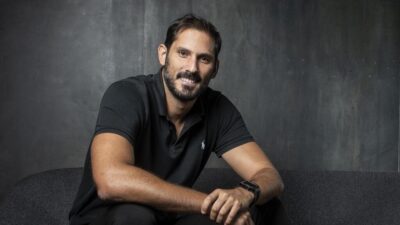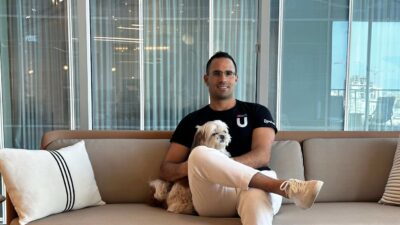Eyewa has expanded to 150 stores across the Middle East and secured $100 million in funding to open an additional 100 locations, further growing its eyeglasses retail presence
Warby Parker and Lenskart are global leaders in helping people find the right glasses. Middle Eastern giant Eyewa is emerging.
Dubai and Riyadh-based Eyewa sells prescription glasses, sunglasses, blue light glasses, and contact lenses through a DTC e-commerce and retail platform in five Mideast markets.
Now it has $100 million Series C funding. Eyewa has raised $130 million since its 2017 start, headed by global growth investor General Atlantic.
From its founding by former Bain & Company consultants Anass Boumediene, Mehdi Oudghiri, and Abdullah AlRugaib, Eyewa began selling third-party eyewear online.
After analyzing Middle Eastern demands, the company developed its own brands.
Boumediene and Oudghiri ran Foodpanda’s regional operations for Rocket Internet and DeliveryHero from 2015 to 2017.
Their food-delivery business, which they grew 50x in three years and made profitable, inspired them to establish their own firm.
“After our time with Foodpanda, we were hooked on entrepreneurship and knew we wanted to start something of our own,” co-CEO Boumediene told TechCrunch. We explored ideas and compared issues across geographies to discover the correct problem to solve.
Food delivery to eyeglass sales
After rejecting 87 ideas with 15 criteria and a six-month review, the founders chose the eyeglass sector, a totally different area from food delivery.
They found that eyewear demand was rising faster than supply.
Myopia was rising in the UAE’s young population (27% prevalence of myopia and extreme myopia).
Local eyewear brands were expensive and not mass-market, and they focused on in-store sales and rarely did e-commerce.
Eyewa sold Ray-Ban, Gucci, Prada, and Johnson & Johnson online for two years without experience in the eyewear market.
It designed and launched its own brands after collecting enough data on cart adds, website searches, and purchasing behaviors.
Eyewa now has nine exclusive brands for elderly clients wanting functional eyeglasses and younger buyers seeking stylish options.
These in-house brands account for 96% of Eyewa’s revenue, which the business says keeps prices low for the mass market, including smaller cities in Saudi Arabia, the UAE, Kuwait, Bahrain, and Oman.
Traditional stores treat clients like patients, offering pricey labels like Prada in sterile conditions. Eyewa presents its spectacles, even prescription ones, as fashion accessories.
“We kind of turned around the way we look at the eyewear experience, where fashion is the thing that customers really care about from a choice perspective,” co-CEO Oudghiri said on the call.
“We focus on that in retail and health care.
We will provide high-quality lenses, extensive eye testing, and the highest health quality for your eyeglasses. We aim to emphasize fashion in retail.
Eyewa’s entry-level eyeglasses, including lenses, cost $100 in the Gulf nations, 50% cheaper than equivalent products in regular stores.
Growing its omnichannel experience
Eyewa was an e-commerce site and only served customers with prescriptions and known eyewear. Not exactly a mass market. As Covid lockdowns eased in December 2020, it opened retail outlets.
Most eyewear shoppers prefer in-store experiences to try on glasses and buy them, therefore the move expanded its customer base.
Eyewa could also own the entire customer journey by offering eye exams, which could only be done in stores with optometrists and exam rooms.
To scale, Eyewa raised a $21 million Series B in 2021 from Nuwa Capital and Endeavor Catalyst, and it now has 150 totally owned and operated locations without franchises.
With 1,300 employees, the business claims to be Saudi Arabia’s largest eyeglasses brand by store count and the fastest-growing worldwide eyewear shop.
Global standards like Warby Parker took seven years to grow from one store to 100, and Lenskart in India took six years.
We’re the fastest-growing worldwide retailer, yet no other GCC retailer went from one store to 100 in four years. “We executed super fast,” Boumediene said.
Although Boumediene would not specify how much eyewear Eyewa has sold since its start, he said the company is profitable and growing at over 50% annually.
The executive said the company will construct a production plant and fulfillment center in Riyadh next quarter and add at least 100 outlets in six countries, including Qatar, its next target, in 2025.
Following sovereign wealth fund funding, General Atlantic joins a growing number of U.S. investors sponsoring companies and building local teams in the GCC.
There appears to be renewed worldwide interest in the region. Mehdi said the VC ecosystem has grown in the past five years, and many early-stage investments have occurred. “But it’s great to see now more established growth and private equity funds looking at the region, with General Atlantic and hopefully many more to follow.”
The round included Badwa Capital and Turmeric Capital.



